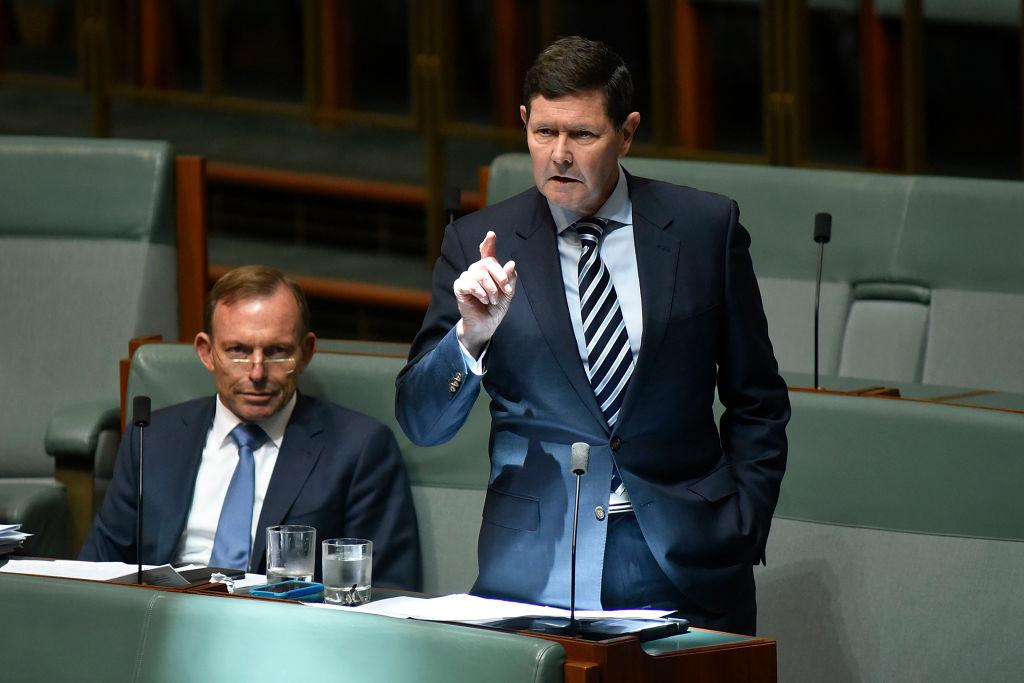Kevin Andrews, who died last weekend after a year-long battle with cancer, had a long Parliamentary career.
From 1991 until 2022, he was the Liberal member for the blue ribbon seat of Menzies. During that time, he held ministerial positions in both the Howard and Abbott governments, including responsibility for defence, workplace relations, ageing, and immigration.





